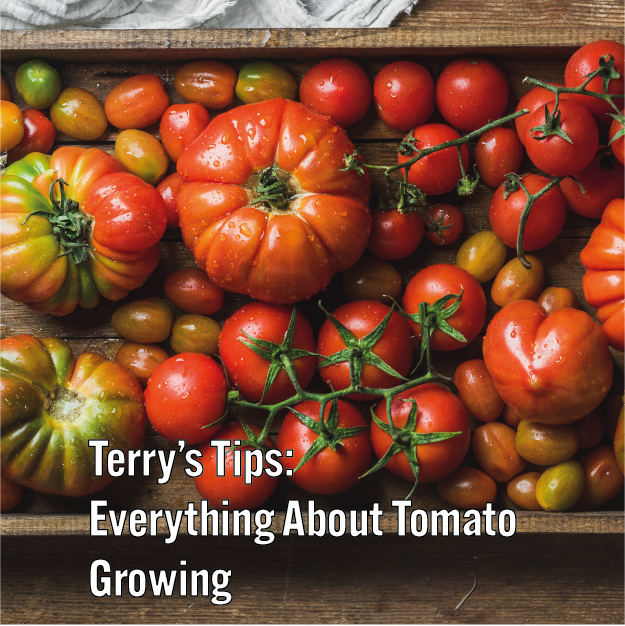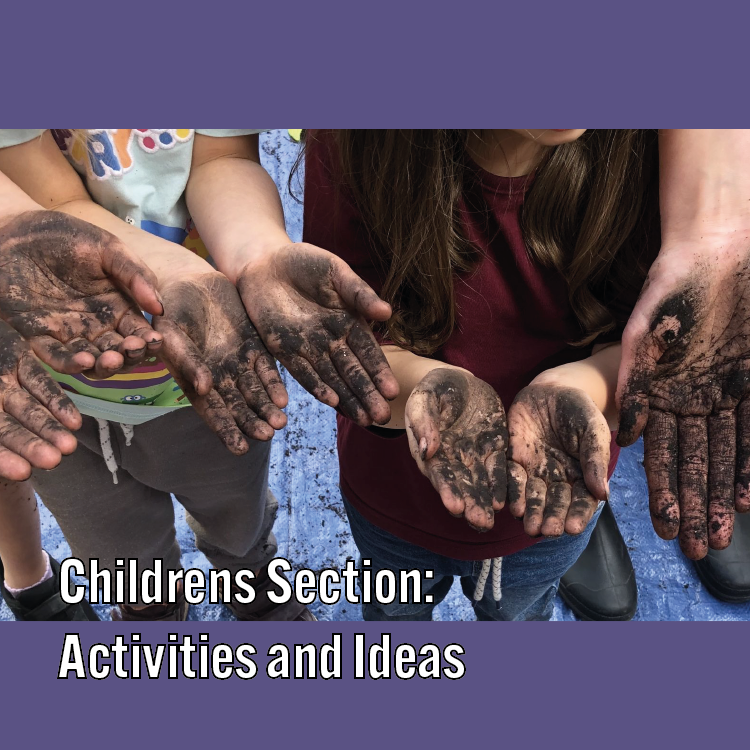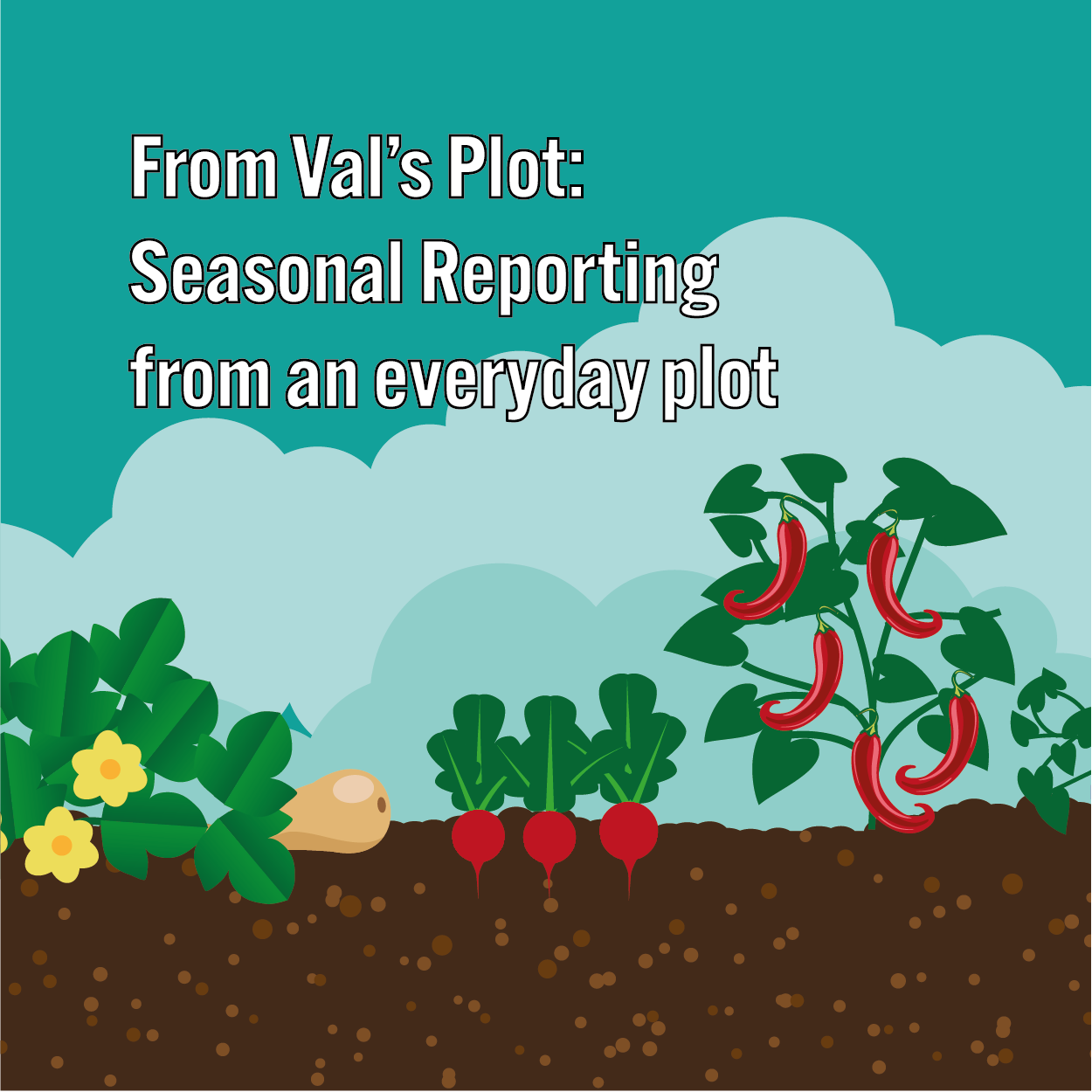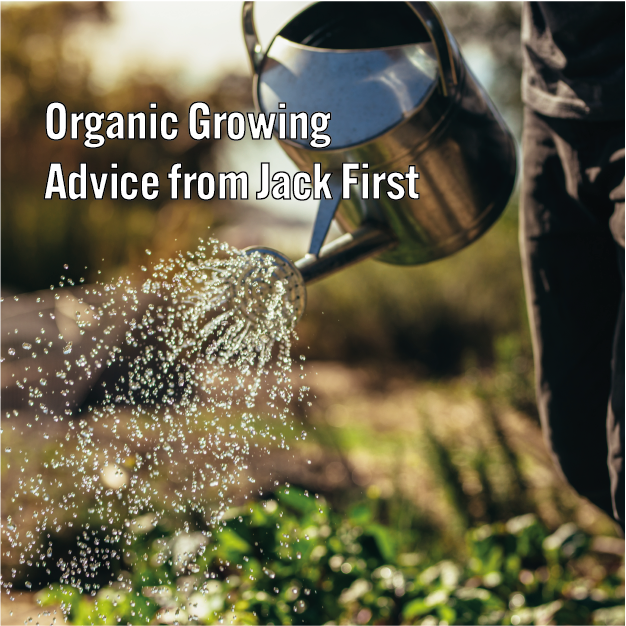For seventeen years prior to retirement I ran a horticultural project for people with various mental health problems on an allotment site near Keighley. One of my first priorities was to improve local wildlife so the perimeter was planted up with native hedging trees. A small pond with a seating area was soon established along with nesting boxes around the site. One of these nesting boxes was positioned on a shed close to the cabin where we had our breaks and from this cabin we could observe all the comings and goings of the blue tits that nested there every year. A small orchard planted nearby provided favourite perching places for the birds before they entered the bird box. We could clearly see all the various insects, caterpillars and worms still wriggling in the bird’s beaks prior to their entering the box.
But the year before my retirement we noticed a change in the habits of the blue tits. We observed the nest making, but after the eggs had hatched we noticed that the parent birds were not bringing back to the nest the usual diet of caterpillars and other wriggling creatures. Something was wrong! I stood at the end of the allotment site, with the bird box in view. The birds flew over the crops and the hedge, passing over trees and parkland and all that natural food below. Their target was a garden where bird feeders hung. After a few days, noticing that all activity had ended, I opened the box and found all the nestlings dead. It is clear to me that these nestlings require the soft bodied worms and caterpillars which must be easy to digest, and not the hard indigestible seeds fed to them by their parents. By all means feed the birds in winter but why in late Spring, Summer and Autumn when there is natural food to feed on. Yet as we are informed of the importance of feeding birds all year maybe it is no surprise.
The bird food industry is now a multi-million pound industry making large profits. At source a producer may only receive a few hundred pounds per ton, yet some bird food mixtures retail for a few thousand pounds per ton. More importantly one must consider that there are hundreds of thousands of acres in many parts of the world producing bird food. Are we inadvertently encouraging the draining of land, the felling and burning of forests and in doing so depriving birds and other wild life of their habitats so that we can enjoy birds in our own gardens? I think that is certainly the case. Furthermore, this bird food is not organically grown, so pesticide residue must be present in or on this food possibly leading to infertility and other problems. Birds cannot be so robust or resilient when feeding on commercial bird food when they should be pursuing their natural habit of foraging on the ground, in hedges or trees.
Please don't get me wrong here, I love to see and hear birds. I lived in Yorkshire for many years where, as in many places winters can be very harsh. I would be out there before going to work clearing away snow to lay down some food. Like many others I feel a sense of duty but I have made this observation. On the coldest days I remove the covers from my compost heaps and almost immediately blackbirds arrive alighting on top and as is their habit flicking this organic matter over their shoulders in search of worms. The robin is next to arrive along with wrens, tits, thrushes, starlings and others. Here they rake over and closely examine things that the blackbirds have discarded. Within this compost lives a diverse range of organisms including worms, slugs and snails, insects, weed seeds and more. It is quite a spectacle, and while all this activity is taking place, the coconut and bird feeders hang nearby redundant and neglected. It proves to me the importance of a natural food source, and this foraging must increase resilience. Layers of leaves and compost, even if only half decayed and placed on the ground will always attract insects and worms. Is this not the way to feed birds organically?




